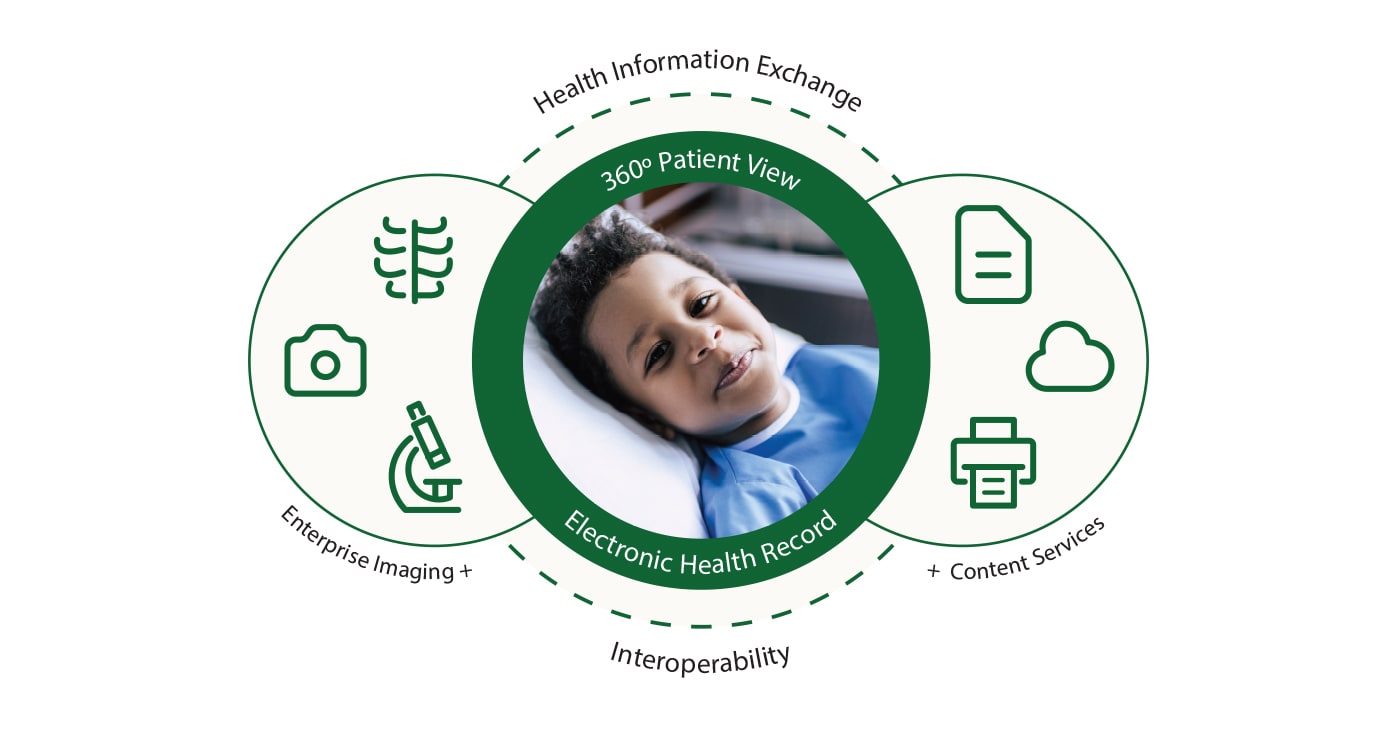Comprehending the Role of Healthcare RCM in Enhancing Financial Efficiency and Person Complete Satisfaction
Browsing the intricacies of Health care Earnings Cycle Administration (RCM) is necessary for achieving ideal monetary performance while all at once elevating individual contentment. RCM's ability to streamline invoicing, make certain exact coding, and expedite insurance claims processing stands as a foundation of modern-day health care procedures. Nevertheless, the nuanced interaction in between these components warrants a more detailed exam to completely appreciate their influence on both doctor and individuals. As we check out the transformative potential of RCM, questions about its calculated application and future developments beckon, appealing understandings that could redefine industry standards and patient experiences alike.

Trick Components of RCM
In the facility landscape of medical care, Revenue Cycle Monitoring (RCM) is critical in ensuring monetary stability and functional effectiveness. A thorough RCM system encompasses numerous vital components, each playing a crucial function in the smooth management of a doctor's financial procedures. Individual registration and eligibility verification are fundamental steps, ensuring that precise person details is recorded and insurance policy coverage is validated before services are rendered. This decreases the threat of insurance claim denials and speeds up the reimbursement procedure.

Fee capture is an additional important component, including the accurate recording of solutions supplied to patients. It guarantees that all billable solutions are accounted for, consequently optimizing earnings possibility. Concurrently, clinical coding translates patient encounters into standard codes, which are important for invoicing and regulatory compliance.
Insurance claims entry and monitoring adhere to, entailing the preparation and entry of insurance claims to payers. This procedure calls for precise focus to detail to decrease errors and avoid hold-ups. Rejection administration is a positive technique to deal with and fix rejected insurance claims, safeguarding income streams.
Lastly, settlement uploading and individual collections complete the cycle, making sure repayments are accurately tape-recorded and superior equilibriums are pursued. With each other, these parts develop a robust framework that sustains the operational and financial wellness of healthcare organizations.
Impact on Financial Performance
Effective Revenue Cycle Monitoring (RCM) significantly affects a medical care organization's financial performance by enhancing capital and reducing revenue leakage. RCM incorporates the detailed invoicing and collection processes that guarantee doctor efficiently manage their monetary purchases from patient enrollment to last repayment. By enhancing these procedures, organizations can decrease denied insurance claims, speed up repayment cycles, and boost general economic wellness.
Economic efficiency is improved through precise monitoring of payment procedures, which includes exact coding and prompt entry of claims. This reduces the likelihood of case denials and rejections, which can considerably hinder earnings circulation if not addressed immediately. Moreover, integrating innovative innovation solutions facilitates real-time monitoring of cases and financial metrics, offering health care managers with the tools essential to make informed calculated choices.

Enhancing Client Satisfaction
While maximizing financial efficiency is a vital purpose of Profits Cycle Monitoring (RCM), it also plays an essential function in enhancing individual fulfillment. By lowering administrative problems, RCM allows healthcare carriers to concentrate a lot more on patient treatment, which straight enhances person fulfillment.

RCM also enhances individual satisfaction through reliable communication. By maintaining a detailed database of patient details, RCM assists index in boosted communication in between individuals and health care providers, making certain patients really feel educated and valued. This transparency and ease of access foster a favorable individual experience. Overall, reliable RCM implementation not only improves financial results but also dramatically adds to a patient-centered medical care atmosphere.
Methods for Efficient RCM
Achieving efficient Earnings Cycle Administration (RCM) needs medical care companies to apply a collection of strategic methods that make sure financial stability and operational performance. One important technique is the adoption of technology-driven services, such as integrated software platforms that improve billing procedures, minimize errors, and enhance information accuracy. These systems allow real-time monitoring of economic metrics, enabling punctual identification and correction of inadequacies.
One more strategy is the standardization of procedures throughout the profits cycle. Healthcare RCM. This includes developing constant policies for client enrollment, insurance verification, and claims processing. By making sure that all team stick to these requirements, organizations can speed up and decrease discrepancies repayment collections
Personnel training and advancement likewise play a pivotal function in effective RCM. Well-trained employees can efficiently browse intricate invoicing treatments and policies, enhancing and decreasing rejections cash money flow. Normal updates on policy adjustments and finest techniques help keep a knowledgeable and competent labor force.
Future Trends in RCM
As health care companies enhance their Earnings Cycle Administration (RCM) strategies with innovation and standard procedures, attention is currently transforming in the direction of the future patterns forming this important location. One considerable pattern is the integration of artificial knowledge (AI) and device discovering to automate intricate jobs, such as insurance claims processing and predictive analytics. These modern technologies are anticipated to reduce errors, accelerate deal times, and supply data-driven understandings for better decision-making.
In addition, the shift towards value-based treatment remains to influence RCM techniques - Healthcare RCM. Doctor are anticipated to progressively concentrate on client results and contentment, necessitating RCM systems that can suit new repayment designs. This her comment is here change will need more thorough data collection and analysis to effectively report and measure on efficiency metrics
Interoperability is an additional arising top priority, as seamless information exchange between diverse systems ends up being vital. Improved interoperability will certainly assist in even more exact individual details sharing, reducing administrative concerns and enhancing the client experience.
Final Thought
Healthcare Profits Cycle Monitoring (RCM) dramatically affects both monetary efficiency and client complete satisfaction by maximizing invoicing processes, making certain accurate coding, and making it possible for punctual insurance claims submission. Effective RCM reduces earnings leakage and speeds up cash money flow, reducing case denials and speeding up settlements.
Browsing the complexities of Medical care Profits Cycle Management (RCM) is essential for achieving ideal financial efficiency while concurrently raising client satisfaction. RCM includes the extensive invoicing and collection procedures that make sure healthcare carriers effectively handle their economic deals from person registration to final payment. By decreasing administrative burdens, RCM permits health care service providers to concentrate a lot more on client treatment, which directly improves client satisfaction.
By keeping an extensive data source of person details, RCM assists More Bonuses in boosted communication in between people and medical care carriers, making sure people really feel notified and valued.Healthcare Earnings Cycle Management (RCM) considerably affects both monetary performance and individual fulfillment by maximizing invoicing processes, making sure exact coding, and making it possible for punctual insurance claims entry.
Comments on “The Relevance of Healthcare RCM in Enhancing Cash Flow and Performance”